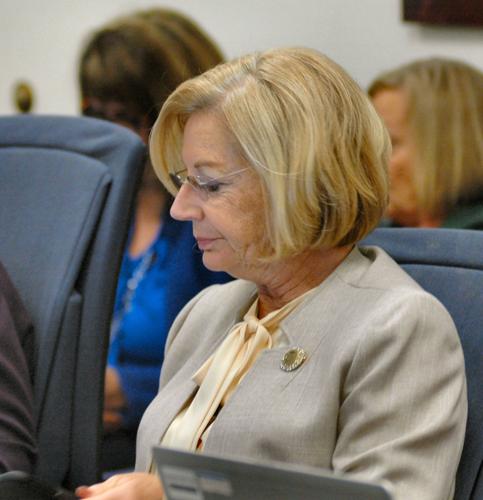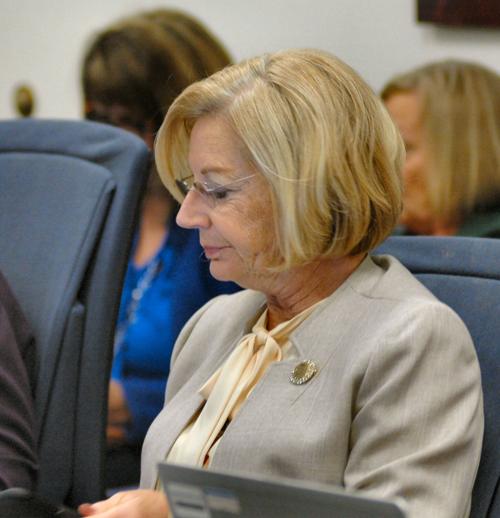PHOENIX — Newly elected House Speaker Rusty Bowers inherits a chamber where he can’t afford to alienate a single Republican.
Bowers, chosen Wednesday by fellow Republicans to run the House for the next two years, finds the edge of the majority party clipped from 35-25 for the last two years to 31-29 after Tuesday’s election as Democrats apparently have picked up four seats. And what makes that significant is it takes 31 votes for final approval of any measure.
What that does, Bowers acknowledged, is empower any individual Republican with the ability to hold out their vote on priorities of the GOP leadership until the measure is altered to address his or her concerns.
But Bowers, a Mesa resident, said the reverse holds true for the Democrats who could find someone defecting to support a Republican bill if he or she gets something in return.
“Every member of either caucus has a great amount of authority and power,” said Bowers who has 10 years of legislative experience, including two as Senate majority leader.
“It makes leadership more sensitive to each member’s needs and wants,” he said. “And those we’ll just have to work through.”
And that presents challenges for House GOP leaders who also include Warren Petersen of Gilbert as majority leader and Becky Nutt of Clifton as majority whip.
“It’s going to be a wild ride just keeping the herd going,” Bowers said.
In the Senate, Karen Fann of Prescott who was chosen Wednesday by her Republican colleagues doesn’t have quite the same problem. If the vote tallies hold, she will have 17 Republicans in the 30-member chamber when the new session convenes in January, the same as last year.
But Fann, first elected to the House in 2010 before moving to the Senate in 2016, said that little bit of extra GOP edge does not mean Republicans can get through anything they want — or that Democrats can or should be ignored.
“The bottom line is we need to have respect for each other,” she said.
“Remember: We were all elected equally by our constituents,” Fann said. And she said many of the districts, while represented by a lawmaker from one party, include a substantial number of voters from the other side of the political aisle whose views and needs also need to be taken into consideration.
Her leadership team includes Rick Gray of Sun City as majority leader and Sonny Borrelli of Lake Havasu City as majority whip.
One area that could get more attention is transportation funding.
Rep. Noel Campbell, R-Prescott, has been pushing for new sources of revenues to fix existing roads and bridges as well as build new ones.
The situation is complicated by the fact that Arizona’s 18-cent-a-gallon gasoline tax has not been hiked since 1991, when 18 cents was worth more than now. And then there’s the fact that new vehicles are more fuel efficient, meaning that gas tax revenues are not increasing as fast as the miles driven.
With Campbell now a four-year veteran and the need for the GOP to hang on to every vote, the lawmakers who want new dollars — particularly those from rural areas — have additional political muscle.
“I know that more money is needed for transportation because I drive on it and you drive on it,” said Bowers. And he said that this can’t simply be seen as a rural problem.
Fann agreed.
“We all use our highways,” she said. “And I-17 and I-10, they’re nightmares right now.”
That, however, still leaves the question of how to pay for all that.
“Nobody wants to see their taxes raised,” Fann said.
“But, also, the reality is there are certain fundamental things that government is supposed to take care of,” she said.







